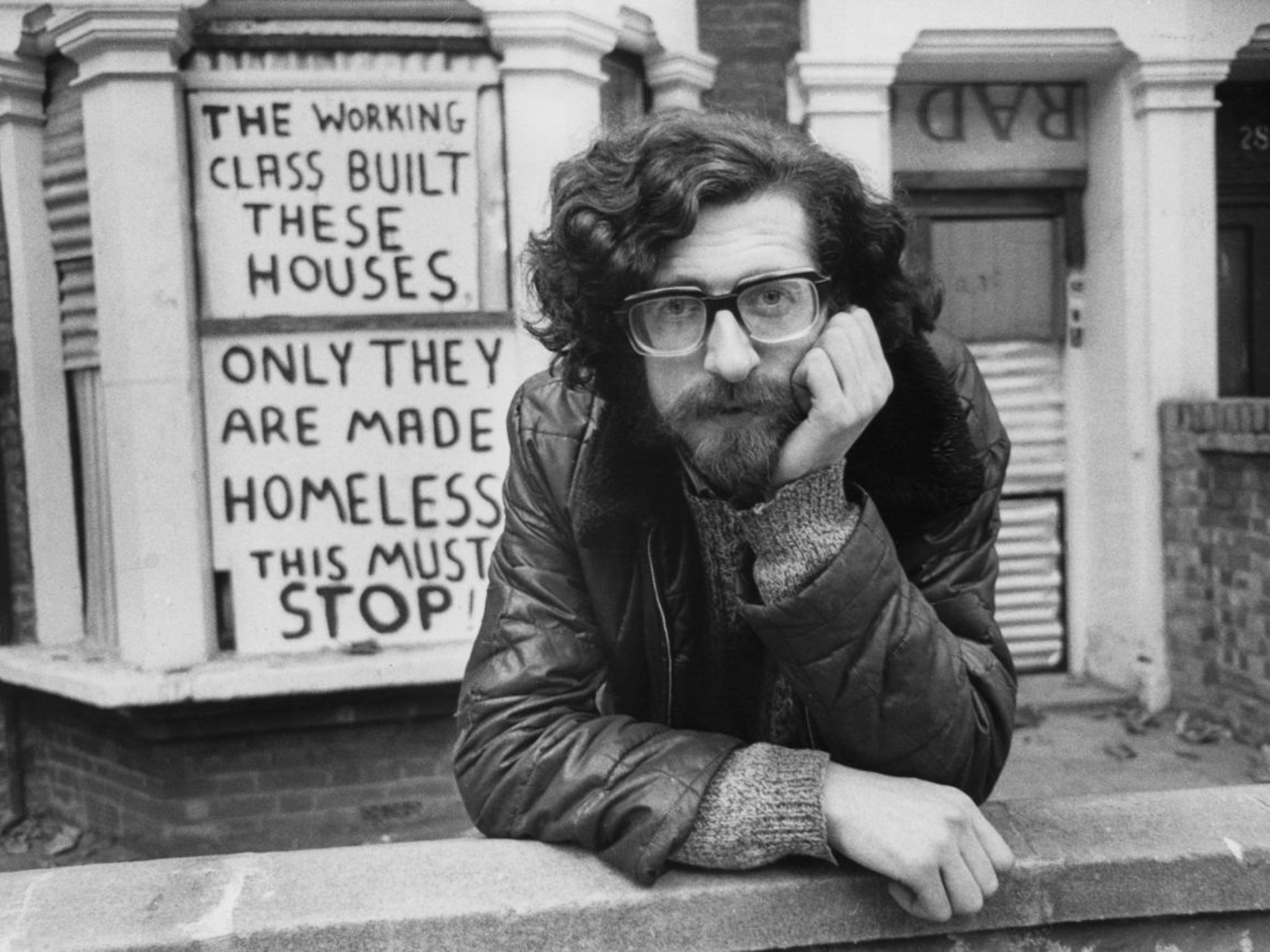Life is unfair for young people – but there are ways we can fix that
The generous company pensions enjoyed by the baby boomers are no longer being offered to young workers, yet young people are still paying for these schemes, even though they are not members

Your support helps us to tell the story
From reproductive rights to climate change to Big Tech, The Independent is on the ground when the story is developing. Whether it's investigating the financials of Elon Musk's pro-Trump PAC or producing our latest documentary, 'The A Word', which shines a light on the American women fighting for reproductive rights, we know how important it is to parse out the facts from the messaging.
At such a critical moment in US history, we need reporters on the ground. Your donation allows us to keep sending journalists to speak to both sides of the story.
The Independent is trusted by Americans across the entire political spectrum. And unlike many other quality news outlets, we choose not to lock Americans out of our reporting and analysis with paywalls. We believe quality journalism should be available to everyone, paid for by those who can afford it.
Your support makes all the difference.After seven years, living standards have finally returned to levels last seen before the financial crisis hit in 2008. But the effects of the downturn and the gains from recovery have not been evenly shared. While the gap between rich and poor has fallen slightly, we’ve witnessed a divergence between young and old.
Pensioners may still be poorer than working-age households on average, but the gap has narrowed. Account for the much lower housing costs faced by older people and it has disappeared altogether. This is not just a product of the downturn and wage squeeze. In fact, the divergence predates the crisis; pensioner incomes have risen 10 times faster than working age incomes since 2002.
The divide spans a number of areas, with none more emotive than housing. The proportion of homeowners under 35 has halved since the turn of the century. This is particularly an issue in London, where incomes have actually fallen once you allow for housing costs. But inequality between generations is not only a by-product of our housing crisis.
The generous company pensions enjoyed by the baby boomers are no longer being offered to young workers, yet young people are still paying for these schemes, even though they are not members, by generating the revenues for companies to plug pension deficits. It’s like paying for membership of an exclusive club all the while knowing you’ll never be permitted to enter, and it explains why pay has not been rising though the economy has been recovering. Money that should be shared across the pay packets of all workers is instead going to plug the pensions of older and retired employees.
Meanwhile, the Government’s top priorities for public spending are the NHS and pensions, though services and benefits for younger people are under pressure. This is particularly the case in the benefit system where, by 2020, we at the Resolution Foundation estimate that working-age adult payments per head are set to be 9 per cent lower than before the financial crisis, while pensioner payments will be 19 per cent higher.
How much protection for pensioners can we afford? The triple lock – in which pensions rise by prices or earnings or 2.5 per cent, whichever is the higher – means that, whatever is happening to the economy, it is hard for the rest of the population to keep pace.
I’m an optimist. People care about future generations and go without in order to pass on their wealth. The trouble is that there is a risk that depending on these voluntary transfers just transmits advantage down from generation to generation.
It is not all bad news. Attitudes to housebuilding are shifting: the number of people of all ages who agree that we need to build more houses has doubled since 2010 – it’s now a majority view. This shows that we need not face a war between the generations. Older people can be won over if they recognise how current policies underserve their children and grandchildren.
Most obviously we need to build more homes – but this shift won’t happen overnight, so we also need regulation of private landlords to meet the needs of long-term renters, particularly those with children. A priority for reform of pension taxation – which we may hear about in the forthcoming Budget – has to be stronger incentives to boost the savings pots of the young. Government should also ensure that a far higher share of apprenticeships go towards young people leaving full-time education.
For too long we’ve failed to explain the damage we have been doing to the prospects of the younger generation. Now the problem is well understood, and we can all correct a historic injustice.
Join our commenting forum
Join thought-provoking conversations, follow other Independent readers and see their replies
Comments